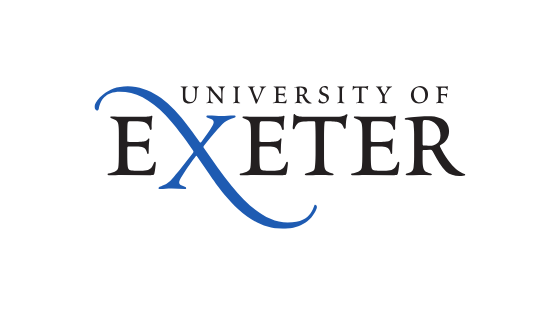Top Recruiting Companies
Leading companies that recruit from University of Exeter
Overview of Placements at the University of Exeter
The University of Exeter is renowned for its strong emphasis on employability, offering a comprehensive range of placement opportunities that bridge the gap between academic study and professional careers. With a commitment to preparing students for the global job market, Exeter integrates work experience into many degree programs, ensuring graduates are equipped with practical skills and industry connections. The university's Careers and Employability Service plays a pivotal role, providing personalized guidance from the first year through to post-graduation.
Support from the Careers and Employability Service
Exeter's dedicated Careers and Employability Service offers year-round support to help students secure placements and full-time roles. Key features include:
- One-on-one advising: Personalized career consultations to tailor CVs, cover letters, and interview techniques.
- Workshops and events: Regular sessions on networking, LinkedIn optimization, and sector-specific skills, plus employer fairs attracting over 200 organizations annually.
- Online resources: Access to a vast job database, virtual career modules, and alumni mentoring networks.
- Placement funding: Grants and bursaries available for unpaid or low-paid internships to promote inclusivity.
This holistic approach ensures that over 90% of Exeter graduates are in employment or further study within six months of graduation, according to the latest Graduate Outcomes survey.
Types of Placement Opportunities
Exeter provides diverse placement options tailored to different disciplines, from short-term internships to year-long industrial placements. Many programs, especially in business, engineering, and sciences, include optional or mandatory placements as part of the curriculum.
- Summer Internships: 8-12 week opportunities during holidays, often leading to graduate job offers.
- Year-in-Industry Placements: Integrated into degree programs, allowing students to gain a full year of professional experience while earning a salary.
- Volunteering and Micro-Internships: Shorter commitments ideal for building experience without long absences from studies.
- International Placements: Partnerships with global firms for overseas experiences, supported by the university's Global Opportunities Team.
Students in fields like Business School programs often secure placements with FTSE 100 companies, while those in Engineering and Environment departments collaborate on research-driven projects with industry leaders.
Employment Statistics and Graduate Outcomes
Exeter boasts impressive placement and employment metrics, reflecting its high ranking in the UK for graduate employability (top 10 in the Guardian University Guide 2023). Here's a snapshot of recent data:
| Metric | Percentage/Figure | Source |
|---|---|---|
| Graduates in employment or further study (6 months post-graduation) | 94% | Graduate Outcomes 2020/21 |
| Average starting salary (UK graduates) | £28,000 | HESA 2022 |
| Students completing a placement year | 25% of undergraduates | University Report 2023 |
| High-skilled employment rate | 85% | QS Employability Rankings 2022 |
These figures highlight Exeter's success in fostering graduate-level roles, with many alumni advancing quickly in their careers.
Top Employers and Key Sectors
Exeter's strong industry ties result in placements with prestigious employers across various sectors. Top recruiters include:
- Finance and Consulting: Deloitte, PwC, KPMG, Barclays.
- Technology and Engineering: IBM, Rolls-Royce, Siemens.
- Public Sector and NGOs: BBC, NHS, UNICEF.
- Retail and Consumer Goods: Unilever, L'Oréal, Amazon.
Popular sectors for Exeter placements include business and management (30% of placements), STEM fields (25%), and creative industries (15%). The university's location in the South West also facilitates connections with regional hubs like Plymouth's marine sector and Bristol's tech scene.
Average Salaries and Career Progression
Placement experiences at Exeter significantly boost earning potential. Students on year-long placements typically earn between £18,000 and £25,000 pro-rata, with many securing permanent roles post-graduation at salaries 10-15% above the national average. For instance, Business School graduates often start at £30,000+, while Engineering alumni can command £32,000 or more.
Long-term, Exeter graduates show strong progression: 70% achieve managerial roles within five years, supported by alumni networks spanning 180 countries.
Student Success Stories and Tips
Many students credit placements for their career launches. For example, a Computer Science student secured a role at Google after a summer internship arranged via Exeter's service. To maximize opportunities, students should:
- Engage early with the Careers Service in Year 1.
- Build a strong LinkedIn profile and attend networking events.
- Apply for placements through platforms like Exeter Placements Portal.
- Seek feedback on applications to refine skills.
In summary, the University of Exeter's placement ecosystem empowers students to thrive in competitive job markets, blending academic rigor with real-world application for lifelong career success.
Still have questions about University of Exeter?
Our expert counselors are here to help you with any queries about studying at University of Exeter.
Contact Us

